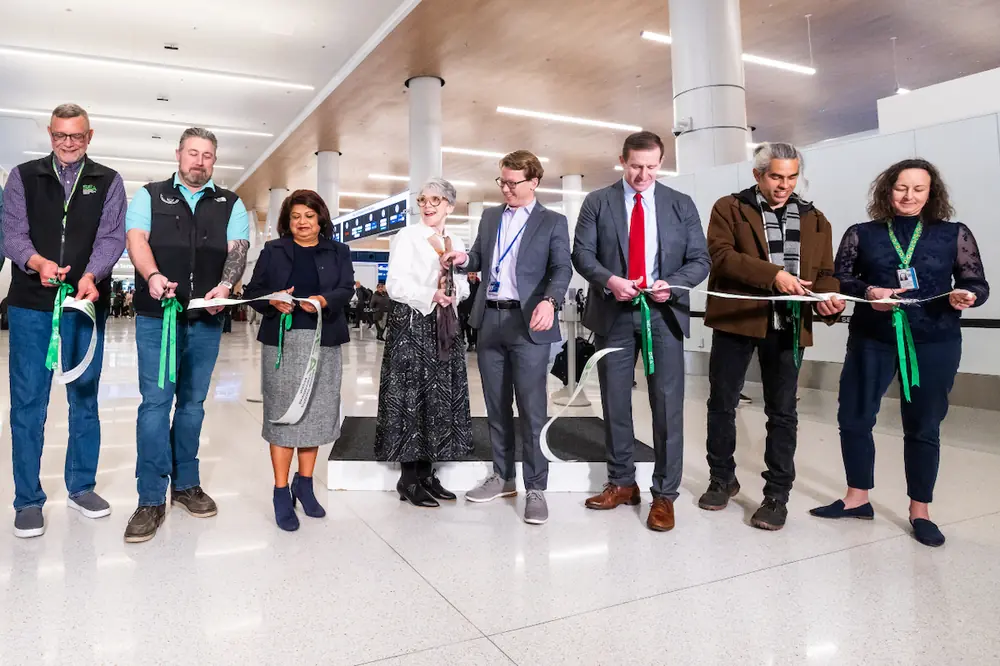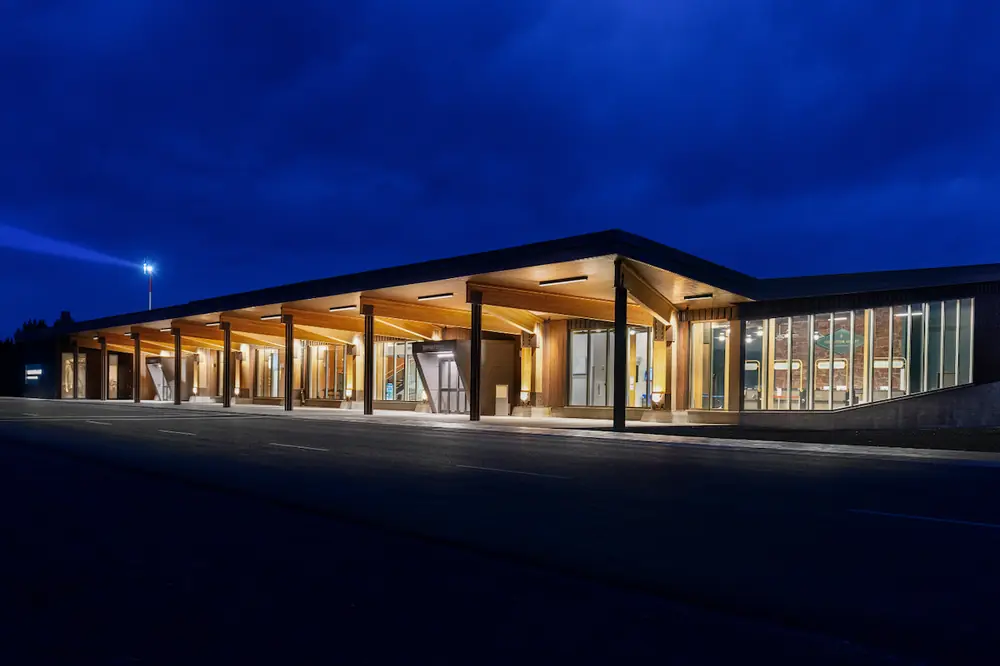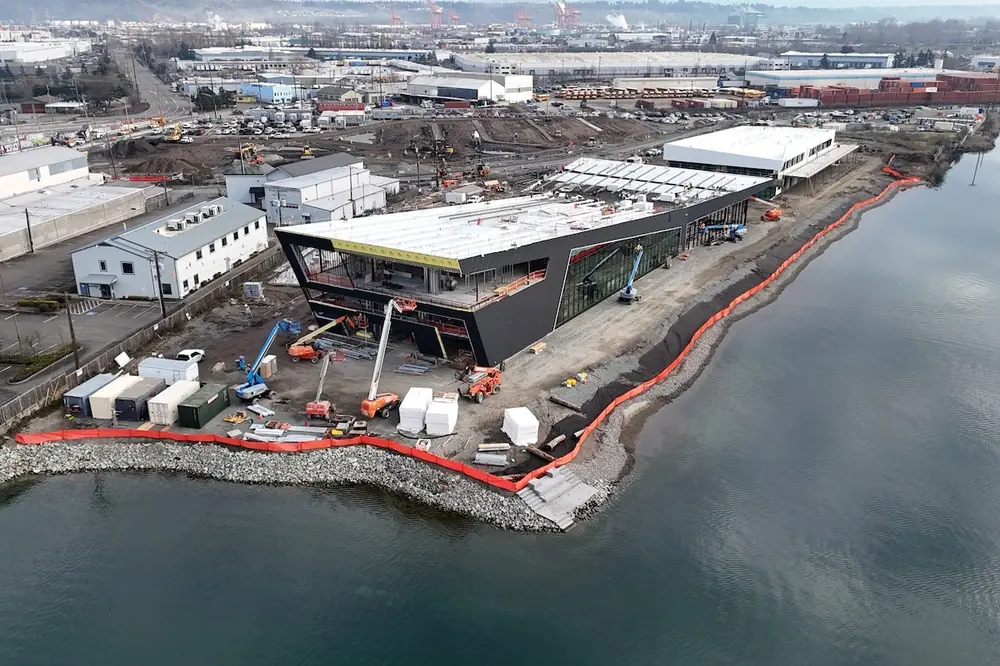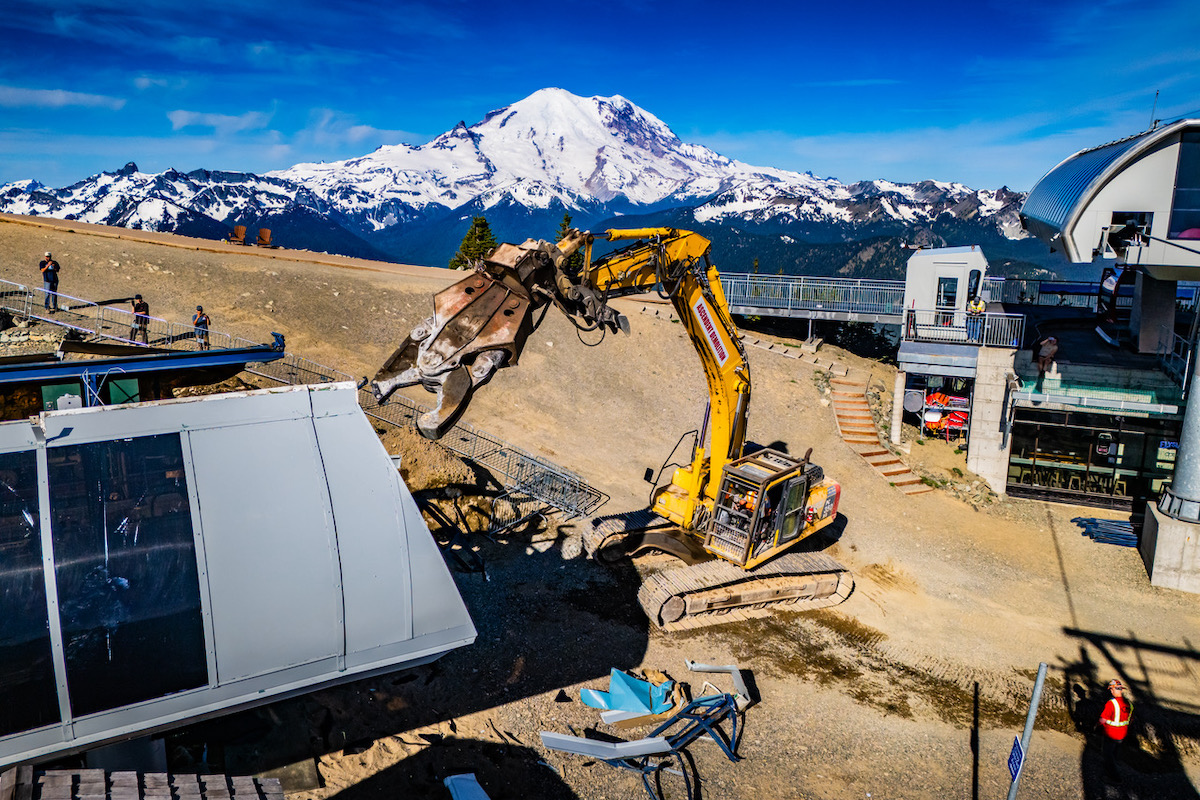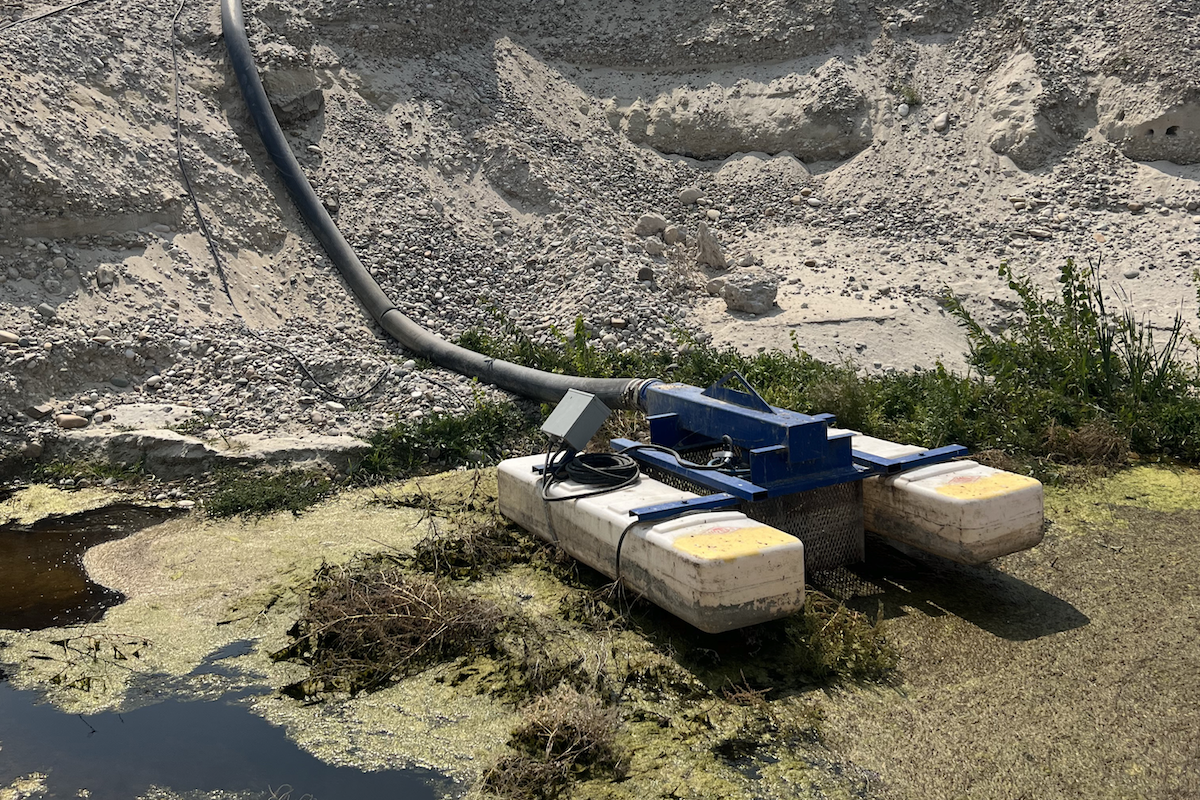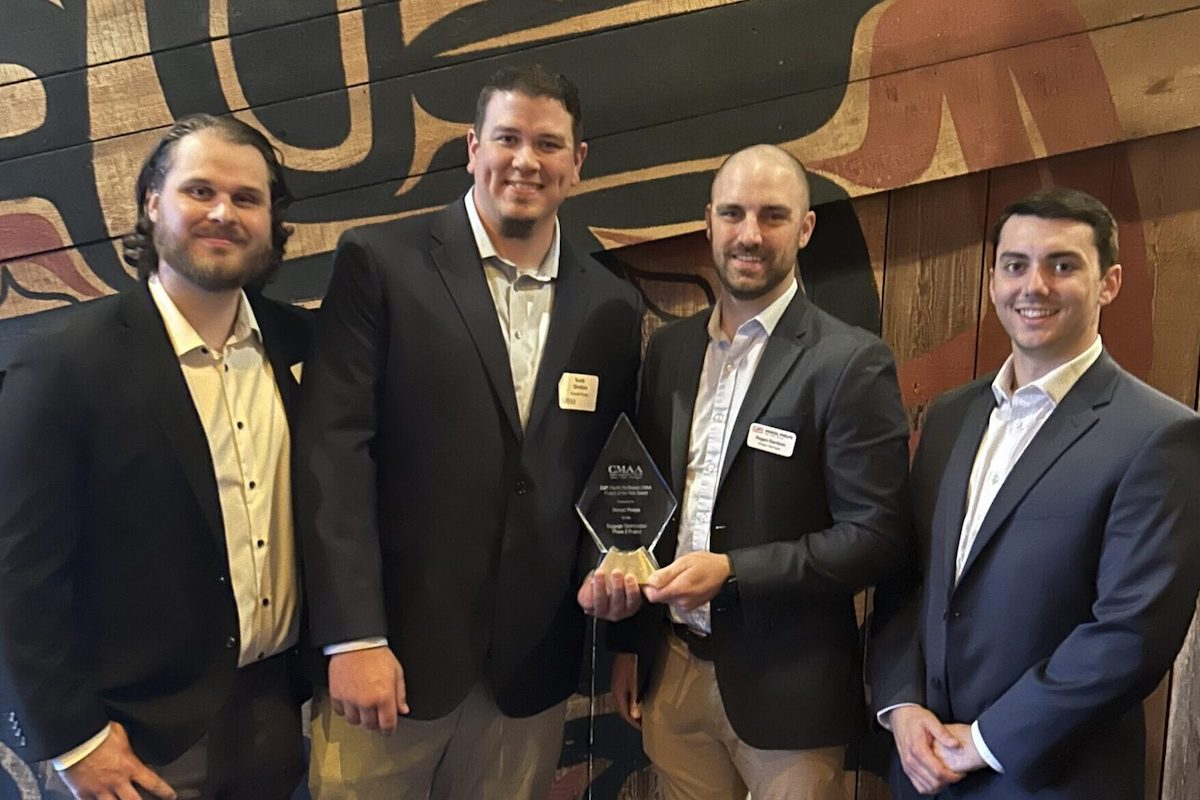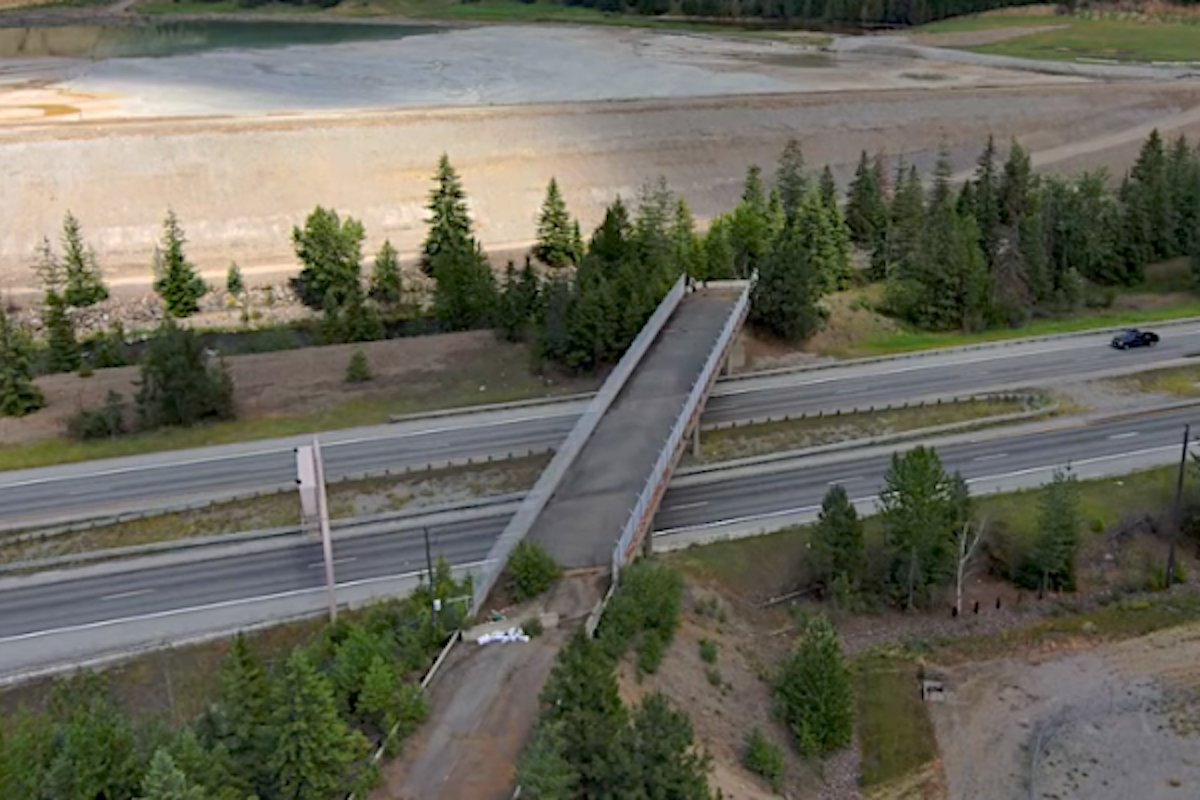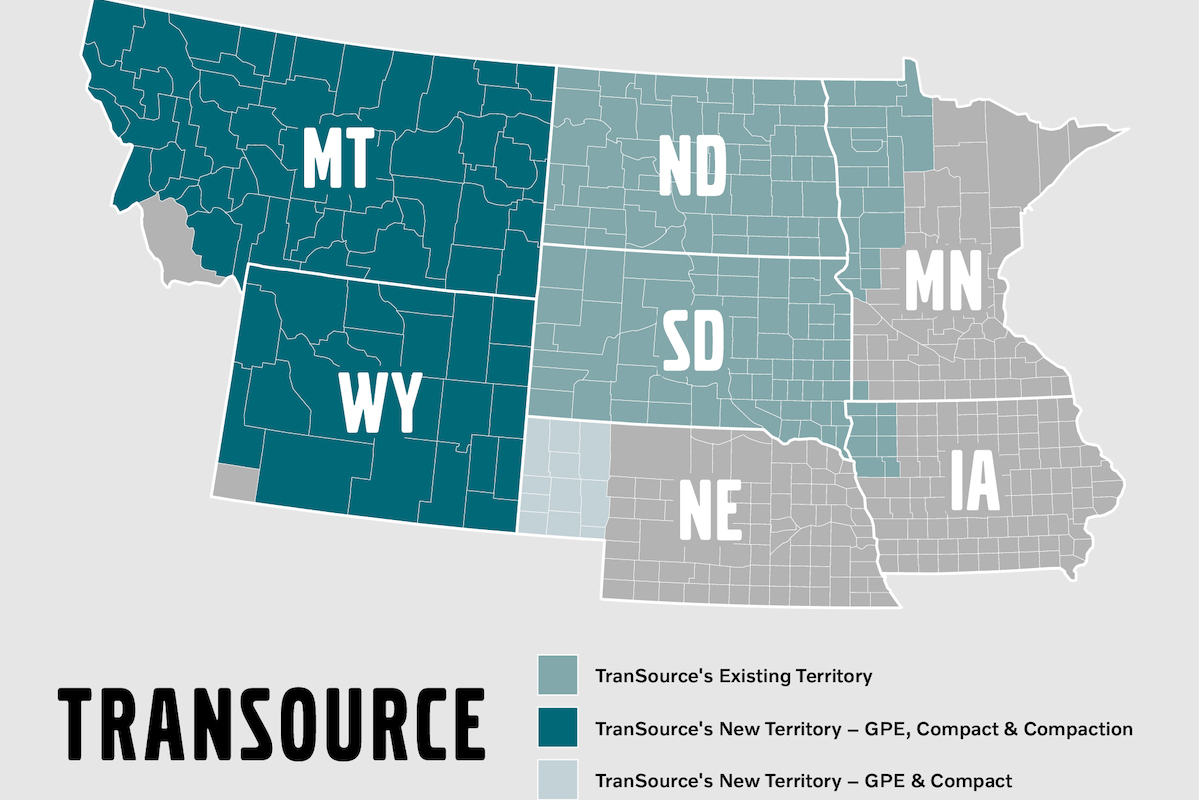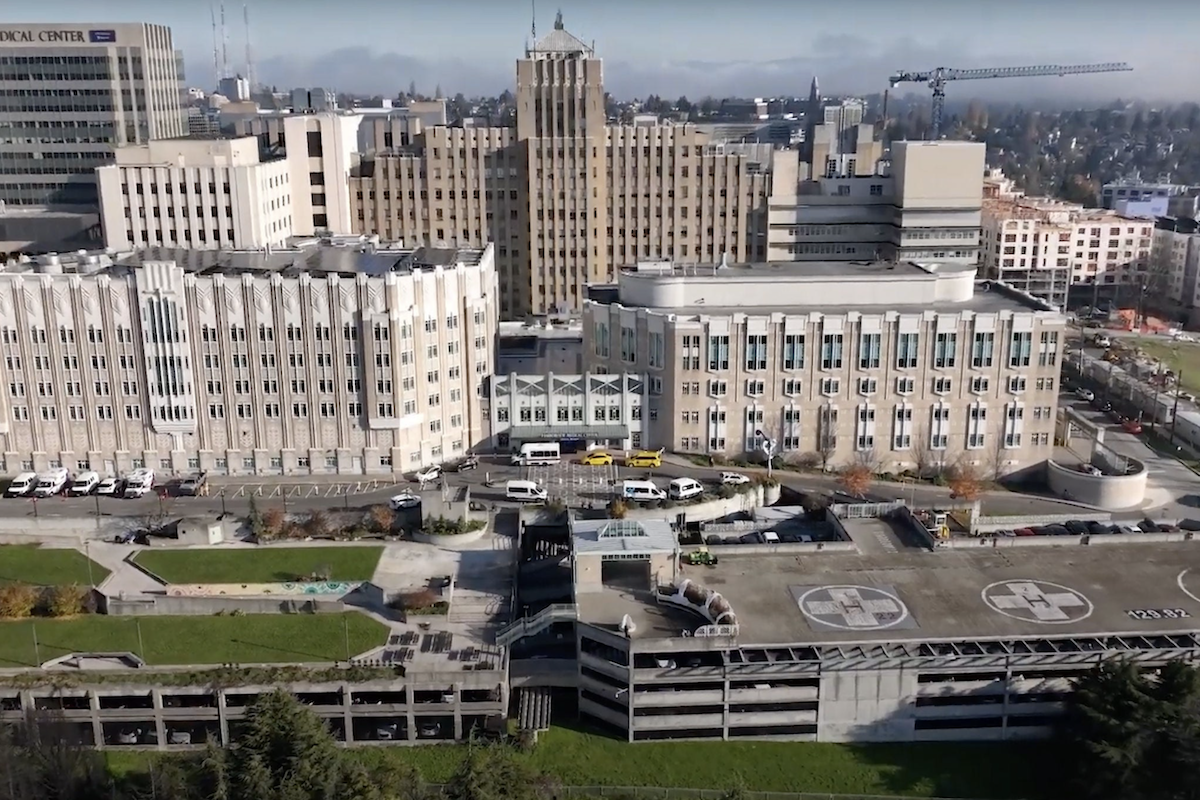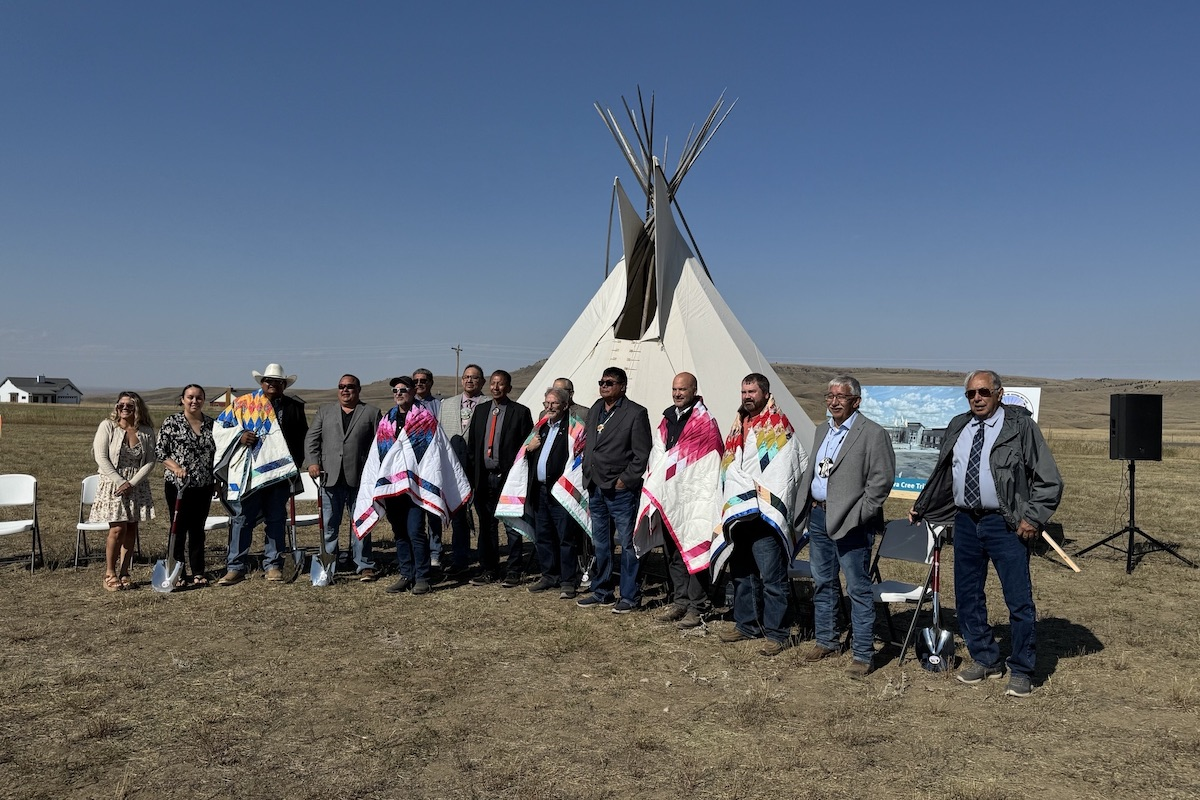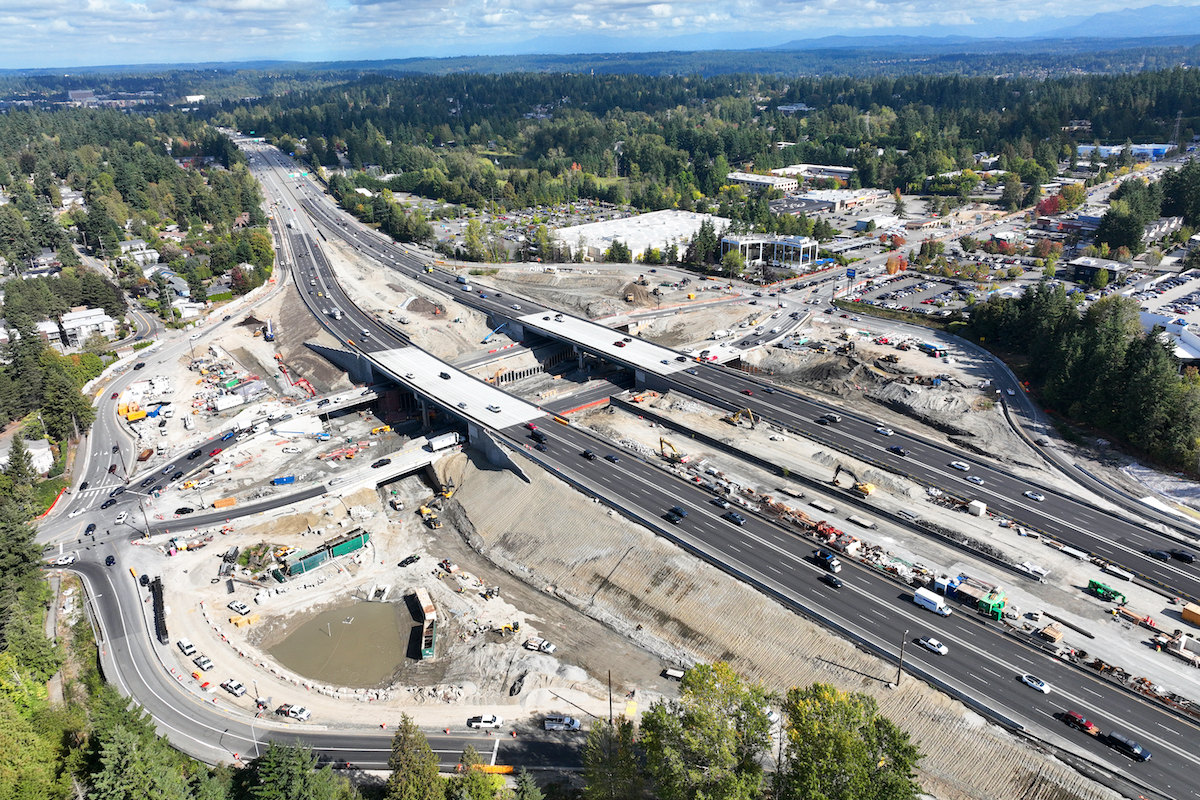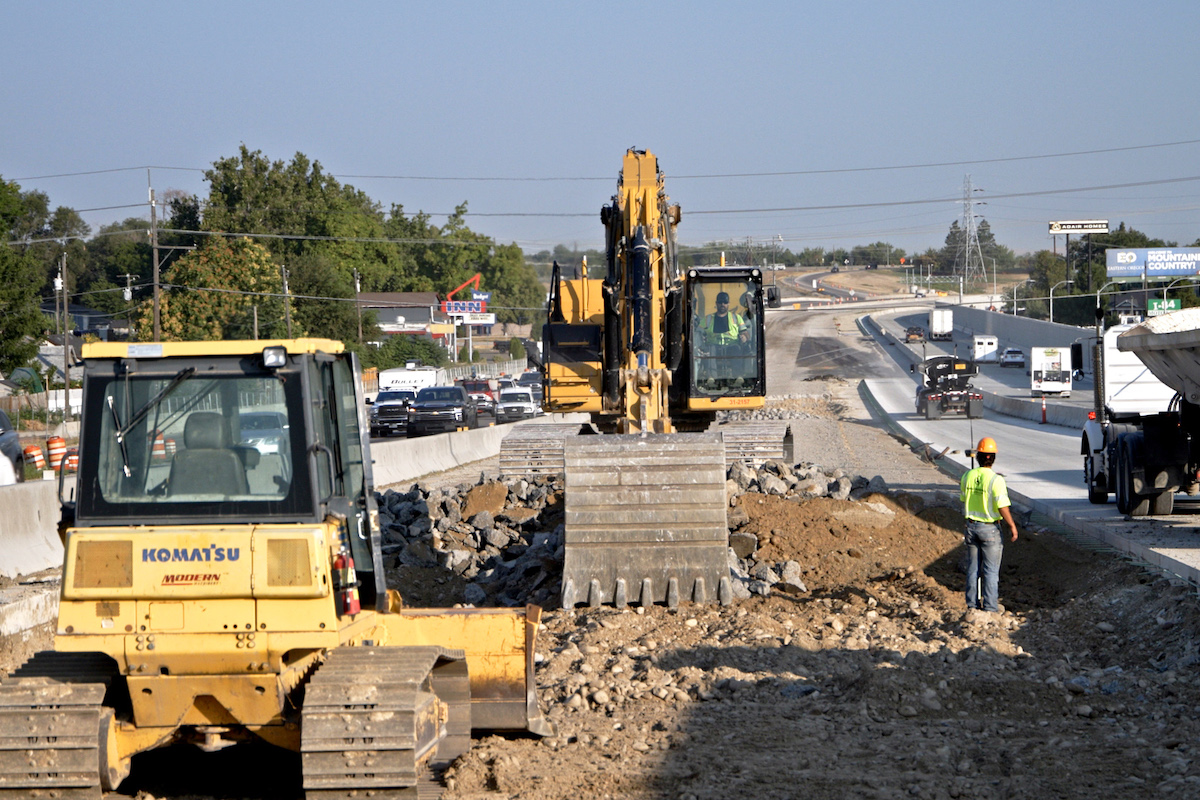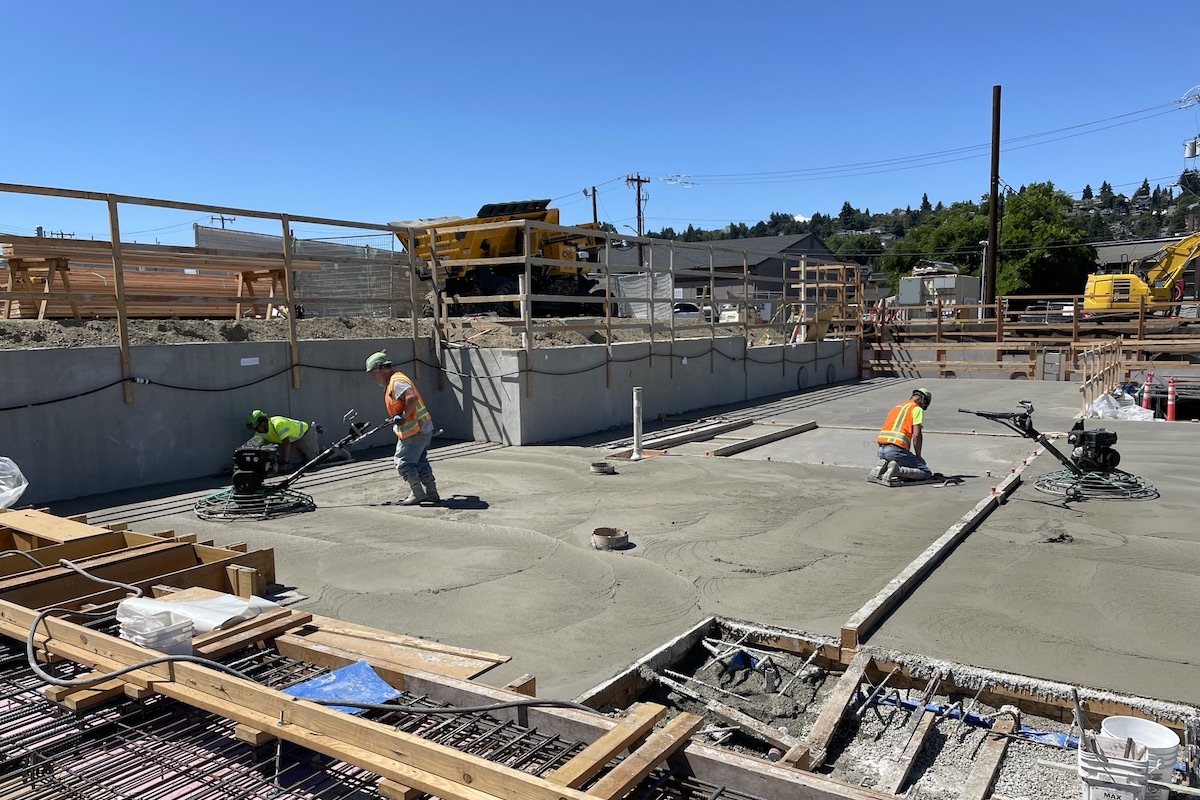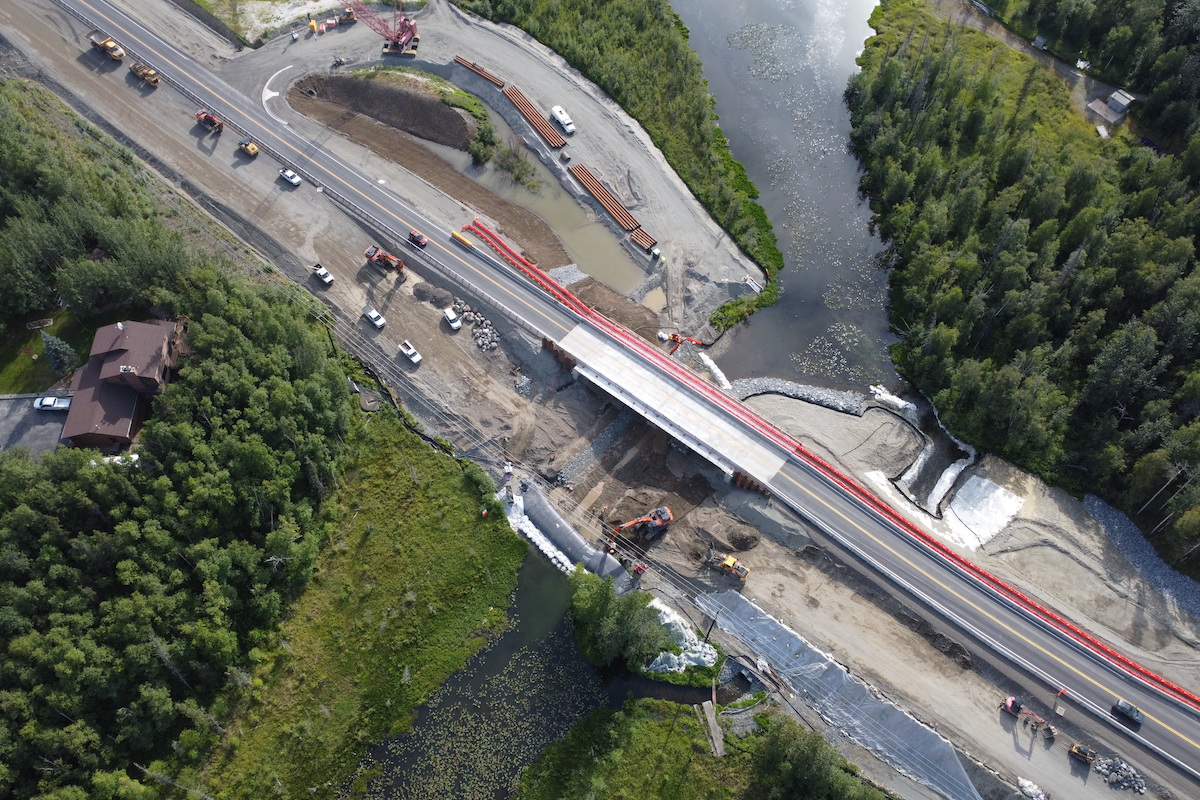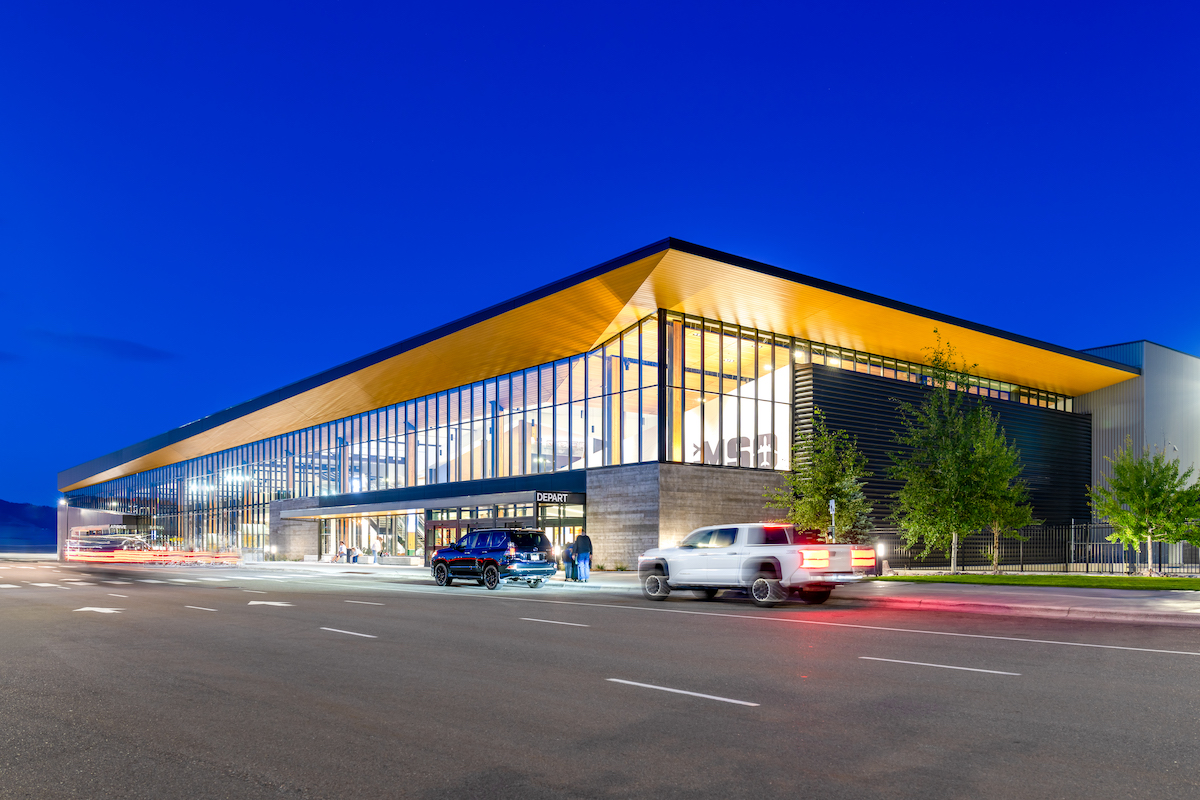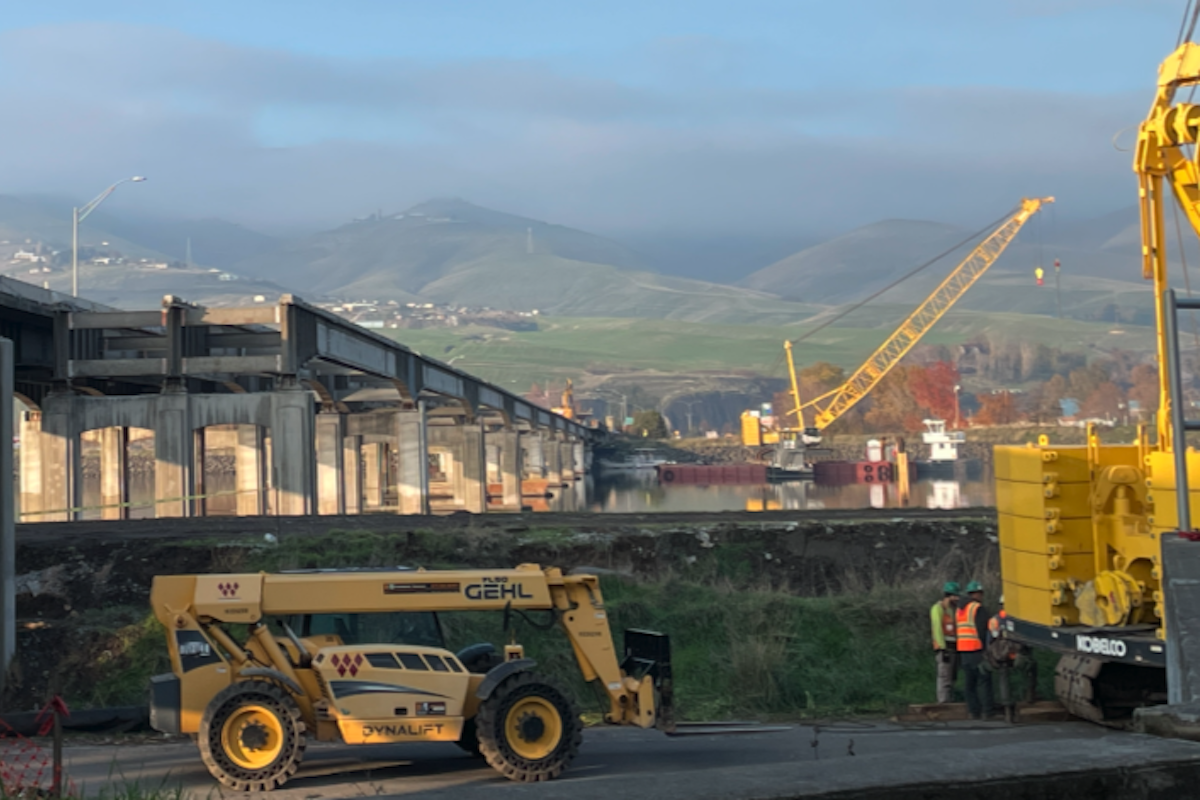“State DOTs are overwhelmingly focused on innovative solutions to address the transportation issues of today and tomorrow, meeting challenges involving climate change, equity, resiliency, and safety,” said Jim Tymon, Executive Director of AASHTO. “The America’s Transportation Awards program shows just how they’re doing that. Whether on foot, in a vehicle, on two wheels, or by rail or transit, state DOTs are continuing to advance a safe, multimodal transportation system.”
Twenty-two projects in the Southern Association of State Highway and Transportation Officials (SASHTO) region were nominated by nine states for this year’s competition. The following two projects in the Construction News area were winners of the regional America’s Transportation Awards.
The $285-million I-49 Missouri-Arkansas Connector project completed the final five miles of I-49 in Missouri and the final 14 miles of I-49 in Arkansas. On the Missouri side of the project, construction also included building two conventional bridges and a diamond interchange. On the Arkansas side, along with constructing 14 miles of four-lane divided highway, ARDOT also built four new interchanges and five new bridge structures.
With more than 20,000 vehicles traveling the I-49 corridor daily, the interstate was plagued with traffic congestion and delays prior to the completion of this project. According to Dave Parker, Public Information Officer at ARDOT, the new corridor has created a safer and faster experience for drivers and will spur growth in the areas surrounding the interstate.

| Your local Trimble Construction Division dealer |
|---|
| SITECH Northwest |
| SITECH Northwest |
“We had two states working together for that common goal of getting I-49 complete,” Parker said. “The long-term impacts it will have from that straight shot from central Arkansas to Kansas City just helps to grow that entire corridor even more. This project in the fastest growing area of Arkansas was not only needed, but it also stood out because of the vision, the teamwork, the commitment, and the follow through.”
“While the cause was unknown at the time, it was imperative that the bridge traffic — both the motoring public and the waterway — be closed for safety concerns,” said Brandon Akins, Civil Engineer Manager for TDOT Region 4. “The quick coordination effort between all stakeholders, including ARDOT, the Coast Guard, TDOT, and others, was a vital part to ensuring the closures went as smoothly as possible for all involved.” Both ARDOT and TDOT share responsibility for the bridge.
Unmanned aerial systems (UAS) were used to determine the extent of the fracture, and a three-phase plan was devised to repair the fracture. Following the repairs and an inspection of the bridge, the Hernando de Soto Bridge was reopened to traffic after only 83 days.
“This project was a major success for multiple reasons,” said Jason Baker, Assistant Chief Engineer for TDOT Region 4. “One was due to the collaboration between TDOT and their federal, state, and local partners. Another was the expedited and innovative contracting, design, and construction that allowed the repairs to be made and the bridge to reopen in such a short time frame.”














